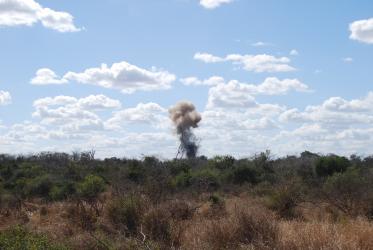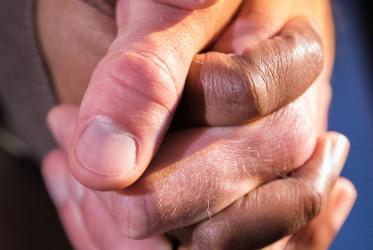Displaying 1 - 9 of 9
17 April 2024
International Ecumenical Conference for Peace and Security in Cabo Delgado, Mozambique
29 October 2021
online






